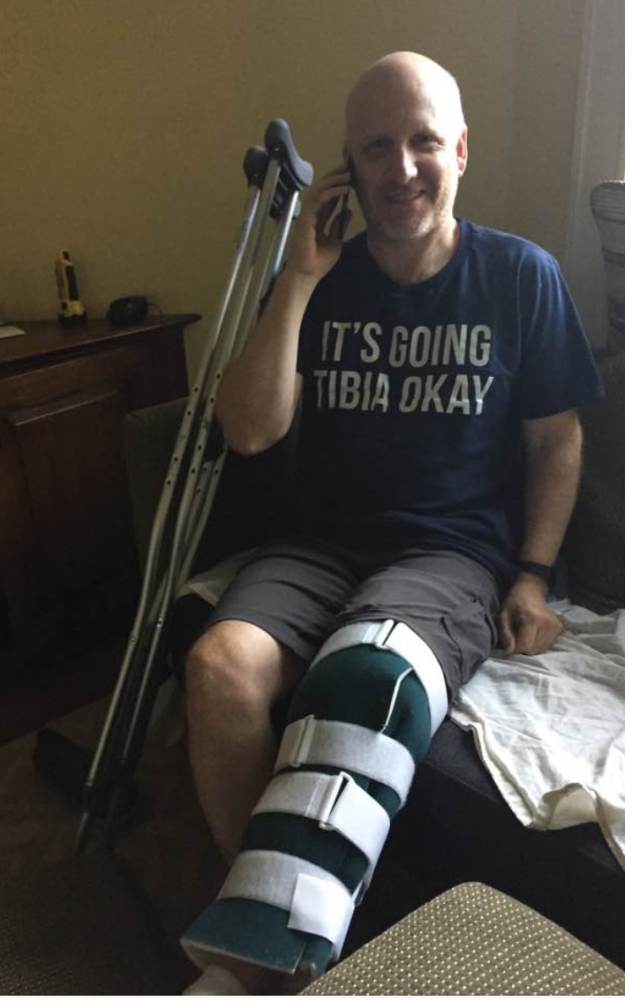
Specialty medical societies such as the American College of Cardiology and American College of Surgeons sponsor clinical registries that collect observational data on patients with specific conditions or procedures, such as heart failure or joint replacement. This “real world” evidence helps hospitals improve quality of care, meet state and federal reporting requirements, and achieve pay-for-performance bonuses.
Q-Centrix, which provides technology and services that enable hospitals to participate in registries, commissioned Health Business Group to conduct a market sizing and growth study. We found that the market will reach almost $2 billion over the next five years. Q-Centrix is offering a complimentary download of the findings.
Clinical registries have been around for decades, but in recent years they have become central to achieving quality in healthcare delivery. Registries have proved their superiority over other approaches such as electronic medical records and traditional clinical trials, and are being embraced by accrediting organizations, commercial health plans and federal agencies such as FDA and CDC.
Hospitals continue to gain experience with registries and are deriving more and more value from them over time. However, in a digital, automated world, participating in registries is still a remarkably manual and time consuming process. Each patient record for the registry must be “abstracted” according to the specific requirements of that registry and then submitted securely and accurately. Some registries provide software tools to help, but even then the tool is only useful for a specific registry. That’s cumbersome for hospitals that participate in multiple registries, a big issue since hospitals often participate in 10 or more.
Hospitals have rationalized other manual, labor intensive administrative processes by outsourcing. Medical transcription is a good example, where the use of outsourcing and automation are now the norm. The same approach is being taken in the registry world, which is why companies such as Q-Centrix are thriving.
At Health Business Group, we were excited to conduct research into this dynamic and growing market, especially since there was very little information published about the topic. To formulate our projections we reviewed secondary data sources, leveraged the Health Business Group knowledge base, and conducted interviews with dozens of hospitals, specialty societies, market experts, and industry participants. We also fielded an online survey of hospitals to develop a detailed understanding of industry trends and their root causes.
Health Business Group specializes in the assessment of healthcare markets and development of growth and M&A strategies for healthcare companies and investors. To learn more, contact us or visit our website.
By healthcare business consultant David E. Williams, president of Health Business Group.




